TikTok Forced Sale at Bargain Price: Trump’s Bid for Youth Support?
Input
Modified
Trump Approves U.S. Investors’ Acquisition of TikTok’s U.S. Unit Company Valuation Slumps From Estimated $30–50 Billion to $14 Billion Forced Sale Seen as Political Move to Court Young Voters
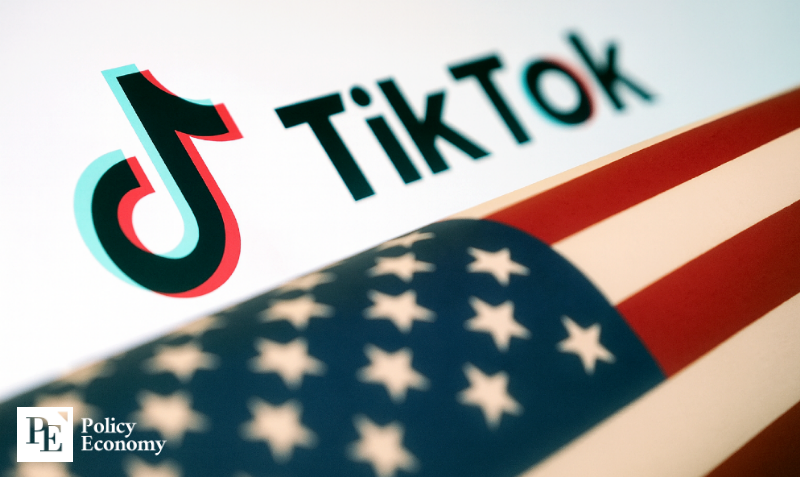
U.S. President Donald Trump has approved a plan allowing domestic investors to acquire TikTok’s U.S. operations, marking a push to accelerate the platform’s forced divestiture. The Trump administration has set the company’s valuation far below earlier market estimates, raising questions about its intentions. Many observers believe the move carries political undertones, with analysts suggesting it could be aimed at shoring up support among younger voters.
TikTok U.S. Deal Moves Forward
On the 25th, President Donald Trump signed an executive order approving a deal that will allow TikTok to continue operating in the United States. “This complies with the ‘TikTok forced divestiture law’ passed last year,” he said, adding, “The platform will be entirely American-run.” He cited prospective investors including Oracle chairman Larry Ellison, Dell Technologies chairman Michael Dell, and media mogul Rupert Murdoch, describing them as “four or five world-class investors who love America, have made a lot of money here, and are connected to the business.”
According to media reports citing sources, Oracle, private equity group Silver Lake, and Abu Dhabi sovereign wealth fund MGX are expected to take a leading role, controlling roughly 45% of TikTok’s U.S. operations. Existing U.S. investors such as General Atlantic and Susquehanna are likely to retain stakes, while Murdoch is expected to invest through Fox Media Group. ByteDance, TikTok’s Chinese parent company, will hold 19.9%.
Vice President JD Vance, who attended the signing ceremony at the White House, noted that “there has been some resistance from the Chinese side” but stressed, “We will continue to push forward.” He called the deal “favorable to investors,” adding, “We don’t want TikTok to be used as a propaganda tool by any government, and we will ensure investors make decisions that align with the real business.” TikTok’s U.S. unit is expected to be valued at 14 billion dollars.
Company Valuation in Freefall
Markets are now zeroing in on the U.S. government’s sharply reduced valuation of TikTok. Speculation over the platform’s worth has swirled ever since talk of a forced sale of its U.S. unit began. In November, the Wall Street Journal reported that parent company ByteDance had offered to buy back shares from investors at a valuation of around 300 billion dollars, up from 268 billion dollars at the end of 2023.
Within that total, TikTok’s U.S. operations were thought to be worth tens of billions. Bloomberg Intelligence estimated in July last year that the U.S. business alone carried a valuation of 30 to 35 billion dollars. Analysts warned at the time that a forced divestiture could drive down its value and noted that finding a buyer with both the financial resources and the ability to withstand regulatory scrutiny over data privacy would be challenging.
In January, CFRA Research senior vice president Angelo Zino told CNBC that a buyer would likely need to pay between 40 and 50 billion dollars if ByteDance were to sell TikTok’s U.S. operations. That was already a step down from CFRA’s earlier valuation of 60 billion dollars, which Zino said had factored in the value of TikTok’s recommendation algorithm—an element not included in the lowered estimate.
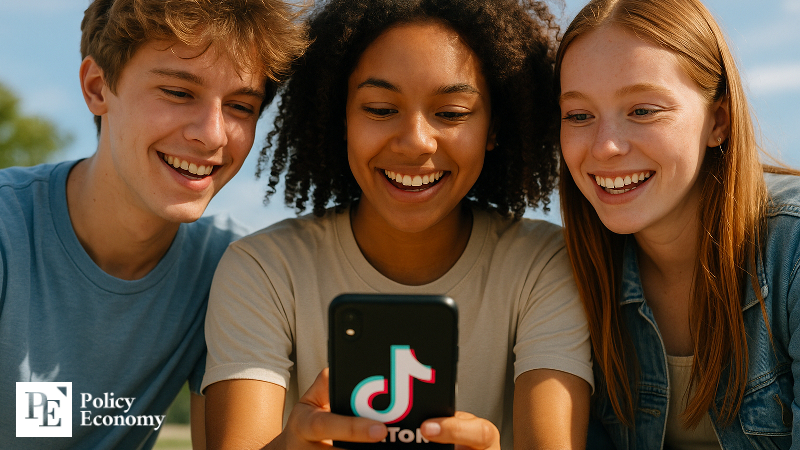
“MZ Votes” at Stake on TikTok?
As market valuations proved irrelevant in the face of the Trump administration’s hardline measures, analysts argue that political motives are driving Washington’s push. TikTok is one of the most widely used social media platforms in the U.S. According to DemandSage, its monthly active users in the U.S. stand at 135.79 million—nearly half the population. Yet concerns persist that, as a Chinese-owned platform, TikTok could expose Americans’ personal data to Beijing.
Former President Joe Biden signed the “TikTok Ban Act” last April, requiring ByteDance to divest TikTok’s U.S. operations to an American company or face a nationwide service shutdown. President Trump initially suspended enforcement of the law after taking office but soon reversed course, declaring his support for it. Analysts say the shift reflects Trump’s recognition of TikTok’s political value after observing its influence on young voters during the last election.
Research by a team at NYU Abu Dhabi underscored those concerns. In an algorithm experiment conducted during the election, Republican-leaning content was shown more frequently in TikTok recommendations than Democratic-leaning content. Researchers created hundreds of fake accounts across Texas, New York, and Georgia, fed them different political content, and found that regardless of account type, pro-Republican material appeared more often. In effect, TikTok displayed a “Republican-friendly” bias in its recommendation system.
The platform’s demographics only heighten its political weight. U.S. users spend an average of one hour a day on TikTok, and about 67 percent are aged 18–34. Many in this group lack firm political leanings and gravitate toward entertaining or emotionally charged content—memes, satire, parody. For the Trump administration, TikTok represents a potent tool to capture the attention, and potentially the votes, of younger generations.

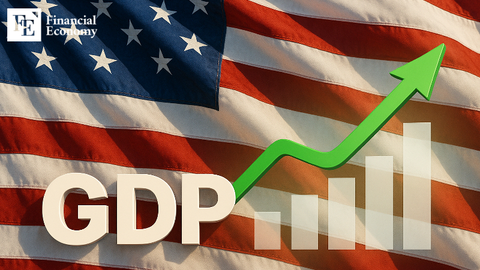




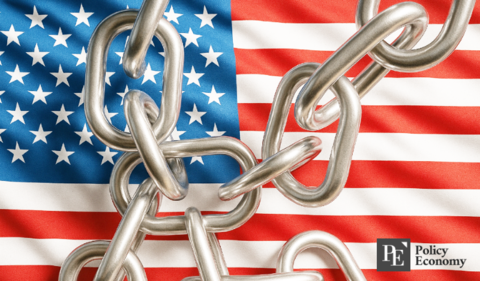
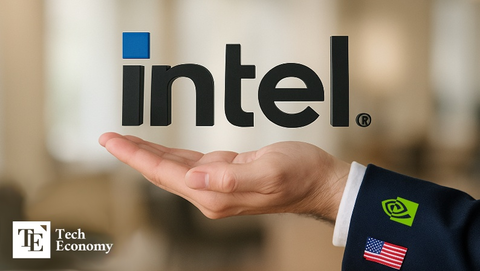

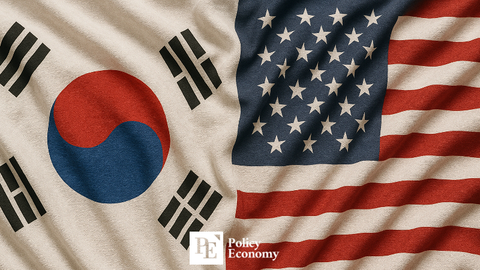












Comment